TEHRAN (Bazaar) –Nader Entessar, Professor Emeritus of Political Science from university of South Alabama says that the regional powers, especially if they become middle powers in global politics, can play a very important role in the emerging multi-polar, multi-dimensional, and fluid world order.
“They can play an intermediary role between two or more global powers and thus contribute to the maintenance of global order and security. They can also play a constructive role in preventing the re-emergence of the unilateral global order or containing the insatiable and devouring appetite of a hegemon for total global domination,” Entessar told Bazaar.
Following is the full text of the Bazaar interview with Professor Entessar:
Q: The decline of American hegemony has been discussed in Western and American circles for years, and some believe that this decline began in the 1970s. Prominent American theorists such as Robert Owen Keohane, Joseph Nye and Stephen Walt have talked about this. In your opinion, what are the reasons for the decline of Hegemons?
A: The answers to this important question have been debated, explained, and analyzed extensively in many books and articles. But I will try to provide two succinct answers to your question. In his book "The Rise and Fall of Great Powers," Yale University historian Paul Kennedy identifies what he calls "imperial overstretch" as a principal cause of the fall of empires. Professor Kennedy describes "imperial overstretch" as a situation in which an empire, or a global hegemon, extends itself beyond its military and economic capabilities and often collapses as a result of this policy. Paul Kennedy examined a long stretch of history, from the period of the Roman Empire to the middle of the 20th century, to explain the validity of his concept. However, Kennedy's concept of "imperial overstretch" has been criticized by a number of scholars as being not applicable to the contemporary United States. Although the critics have highlighted some limitations of Kennedy's concept as they pertain to the American empire, I still think the concept of "imperial overstretch" has some validity in explaining the relative decline of American hegemony today.
The second and much more important explanation of the relative decline of American hegemony can be found in the writings of the late political scientist Chalmers Johnson, especially in his book titled "Blowback: The Costs and Consequences of American Empire." Professor Johnson claims that American hegemony over the world constitutes a new form of a global empire that in many ways is different from the previous empires. Traditional empires of the past, Johnson argues, maintained control over subject people largely via different forms of colonies whereas the United States, at least since World War II, has maintained its empire via a vast system of military bases and dominating military presence around the world. This, Johnson contends, has resulted in "blowback" against the United States and its foreign policy. IN Johnson's words, "blowback does not just mean retaliation for things our [US] government has done to and in foreign countries. It refers to retaliation for the numerous illegal operations we [the US] have carried out abroad that were kept totally secret from the American public. This means that when the retaliation comes, . . . . the American public is unable to put the events in context. So, they intend to support acts intended to lash out against the perpetrators, thereby most commonly preparing the ground for yet another cycle of blowback." It is the seemingly unending cycles of "blowback" that have eroded American hegemony in the world.
Q: The rise of China has brought the issue of the decline of American hegemony into a new phase in recent years. What do you think the US will do to contain China in the coming years?
A: As a preeminent global hegemon, the US will undertake a variety of "rational" and "irrational" measures in the coming years in the hope of "containing" China. Although such measures may have a temporary impact, in the long run, America's dominant role as a global hegemon will be challenged effectively by China and perhaps other emerging blocs. America's uncontested global hegemony is not sustainable.
Q: Some people argue that China's rise has left no other way for America but confrontation, and naturally the two countries will face bigger challenges. Do you agree with this argument?
A: A global hegemon will do everything in its power to slow down its decline, and that includes adopting confrontational measures against its chief challenger, or challengers. Although there are several people in the hierarchy of the American power structure that still live in a bygone and largely irrelevant era, it is becoming increasingly clear that confrontation with China will not be cost-free and that no winner will emerge in adopting a spiraling confrontational policy toward China.
Q: In the recent meeting between Biden and Xi Jinping in Bali, Indonesia, on the sidelines of the Group of 20 summit, the two sides emphasized cooperation while competing and depended the future of the world on the cooperation of these two countries. What is the importance of this meeting and what direction will it take to manage the challenges between the two countries?
A: It is too early to assess the impact of the rather long meeting between Joe Biden and Xi Jinping in Indonesia on the future of Sino-American relations. Perhaps after two years of adopting confrontational policies towards China, the Biden administration may be grudgingly realizing that the confrontational policies of the past two years may actually redound to the detriment of the United States and that the era of Washington's unilateral hegemony is indeed in decline.
Q: It is argued that in the new world order, regional powers like Iran are of special importance. Do you agree with this argument? If you agree, what is the reason for the importance of regional powers in this order?
A: The regional powers, especially if they become middle powers in global politics, can play a very important role in the emerging multi-polar, multi-dimensional, and fluid world order. They can play an intermediary role between two or more global powers and thus contribute to the maintenance of global order and security. They can also play a constructive role in preventing the re-emergence of the unilateral global order or containing the insatiable and devouring appetite of a hegemon for total global domination.








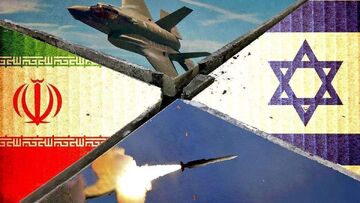
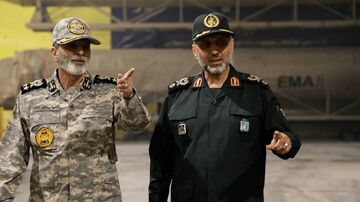
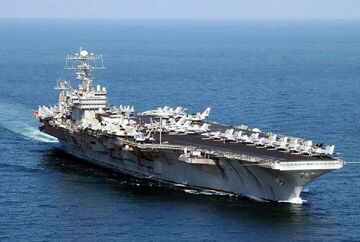
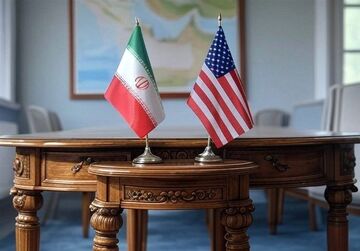
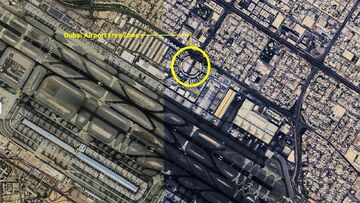
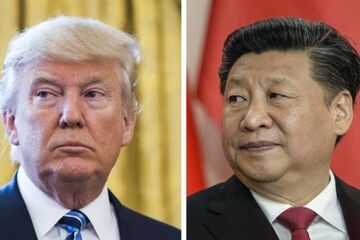

نظر شما